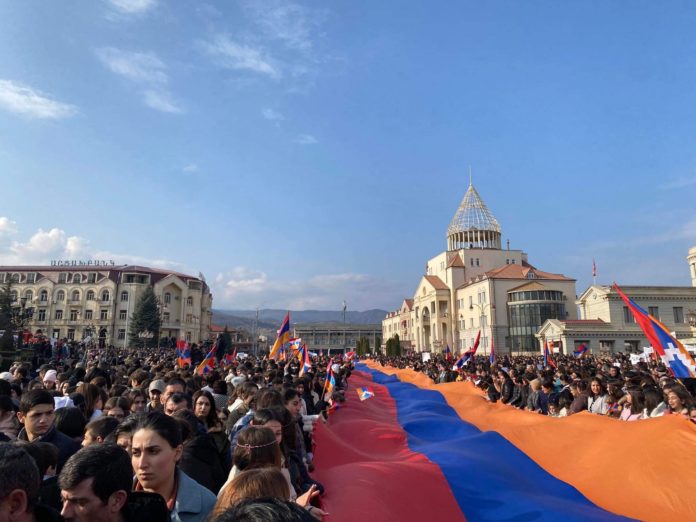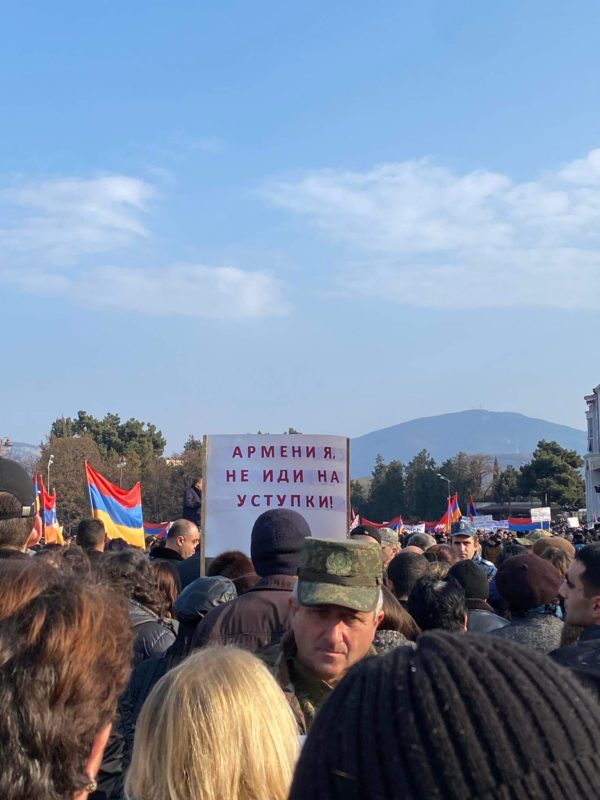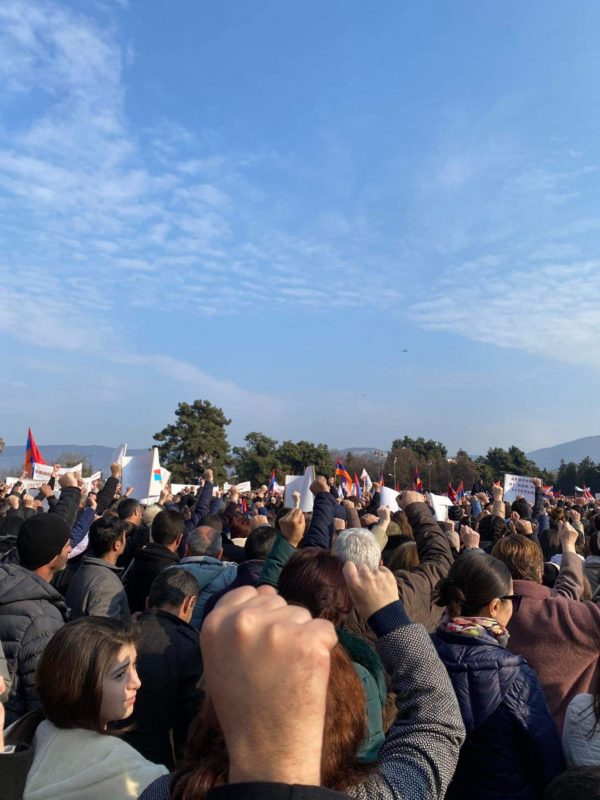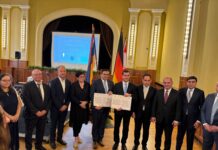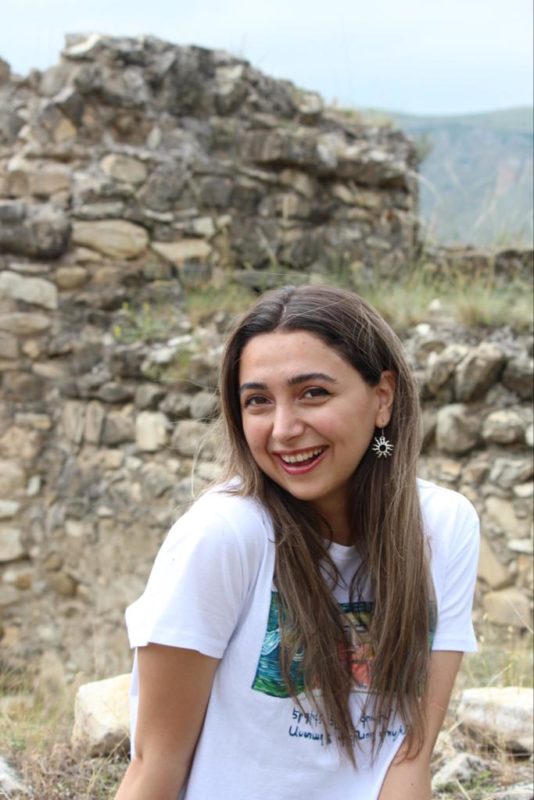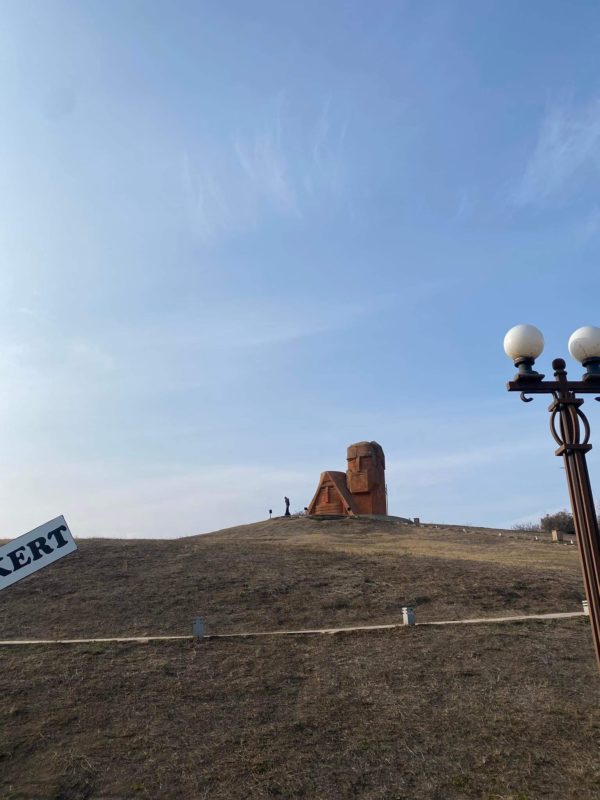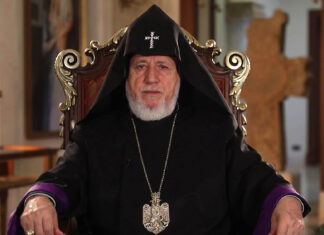By Lida Asilyan
Special to the Mirror-Spectator
“Last year we didn’t have water for two or three weeks during the summer. Then we didn’t have gas…We are now being blockaded and this is slowly but steadily making everybody really exhausted,” shares Nina, an English teacher at a small village school in the Artsakh Republic (also known as Nagorno Karabakh).
The Armenian enclave has been under blockade since December 12, when a group of Azerbaijani gathered near the Berdzor (Lachin) corridor connecting Artsakh to Armenia, claiming to be environmental activists – a claim still under scrutiny.
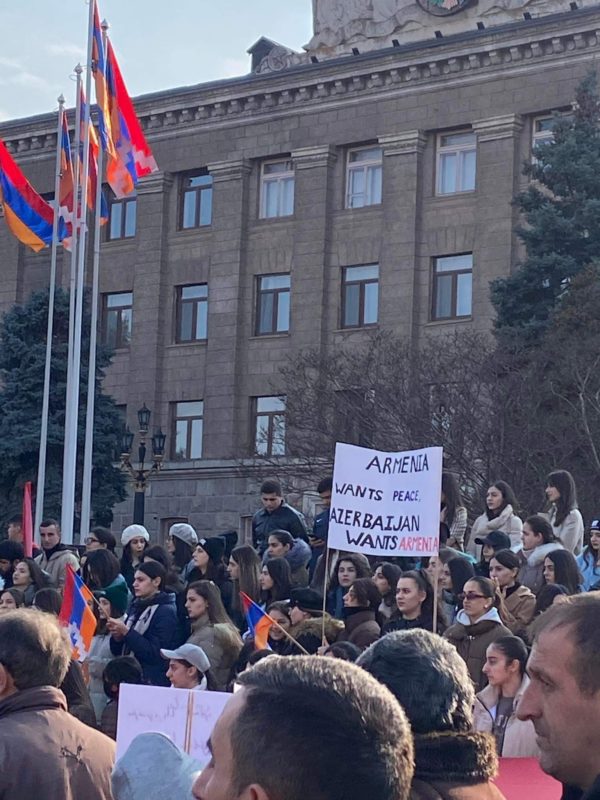
Nina has been hoping to put up a Christmas tree together with her sisters, as they usually do, but the latter are stuck in Yerevan and can’t make it home for the New Year celebration. It’s the first time for them to be separated on such a special occasion.
The Azerbaijani siege has left more than 120,000 people – including 30,000 children – completely cut off from the outside world and left with scarce food and medical resources. The fur-coated eco-activists, who display ethno-nationalistic slogans and symbols and appear to be part of Azerbaijani state institutions, “are pushing yet another agenda of President Aliyev, of depopulating Artsakh and taking it over,” stated former Armenian Deputy Minister of Territorial Administration and Development Lilia Shushanyan, in her online article at Hetq.



